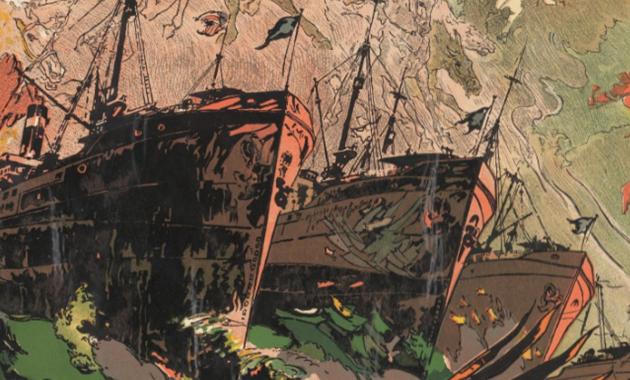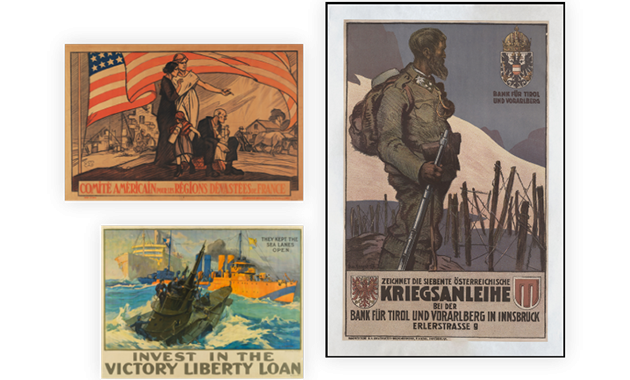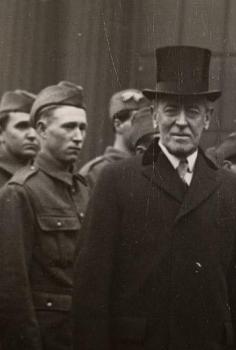A Guide for Students and Teachers
Think Like a Historian! One of the best ways to learn and understand history is to research it yourself. Good historians use primary sources to shape their thinking. Institutions (like museums, archives and libraries) work hard to have reliable primary and secondary sources of information for researchers.

Analyzing Sources
Good historians use primary sources to shape their thinking. Institutions (like museums, archives and libraries) work hard to have reliable primary and secondary sources of information for researchers.
Primary Sources
Images, documents and objects that capture the first-hand experiences of a specific time. Examples include:
- Letters, pamphlets, oral histories, photographs
- Clothing, tools and weapons
- Audio recordings, film footage and oral histories
Primary sources are the “ingredients” when one is preparing to understand and write history. They tell us information about the event, how people experienced it and the significance they felt it had.
Secondary Sources
Objects and information created after the event by people who did not experience that history.
- Textbooks, scholarly articles
- Lectures by historians
- Museum exhibition labels that interpret the meaning of an object
Secondary sources interpret and analyze history. They retell someone else’s best thoughts and understanding of information on an event to help us consume history.
Whether primary or secondary sources, all historians should ask good questions when considering information. Consider the 5 “Ws”: Who, What, When, Where, Why. For example:
- Who was the audience?
- What was its purpose?
- When was it made?
- Where was it shared?
- Why was it made?

Cite your Sources
Citation and Bibliography
Keeping track of where information came from and how your ideas developed is essential for good research. Having a bibliography and citations shows you researched well, gives credit to others for their work and helps others track down the original source. Check out our handy guide on why and how to cite our sources.
Request Help
Need help with your research? Before contacting the Museum and Memorial, follow these tips:
- Start your project and research online or at local libraries
- Identify your main ideas and/or essential questions
- Write a short list of specific questions that need extra insight
Then, send your questions to education@theworldwar.org for more assistance.
Have a student-led interview request?
Please include in your email your preferred platform and at least three dates/times to conduct interview. (Be sure to consider partner availability if this is a group project).







